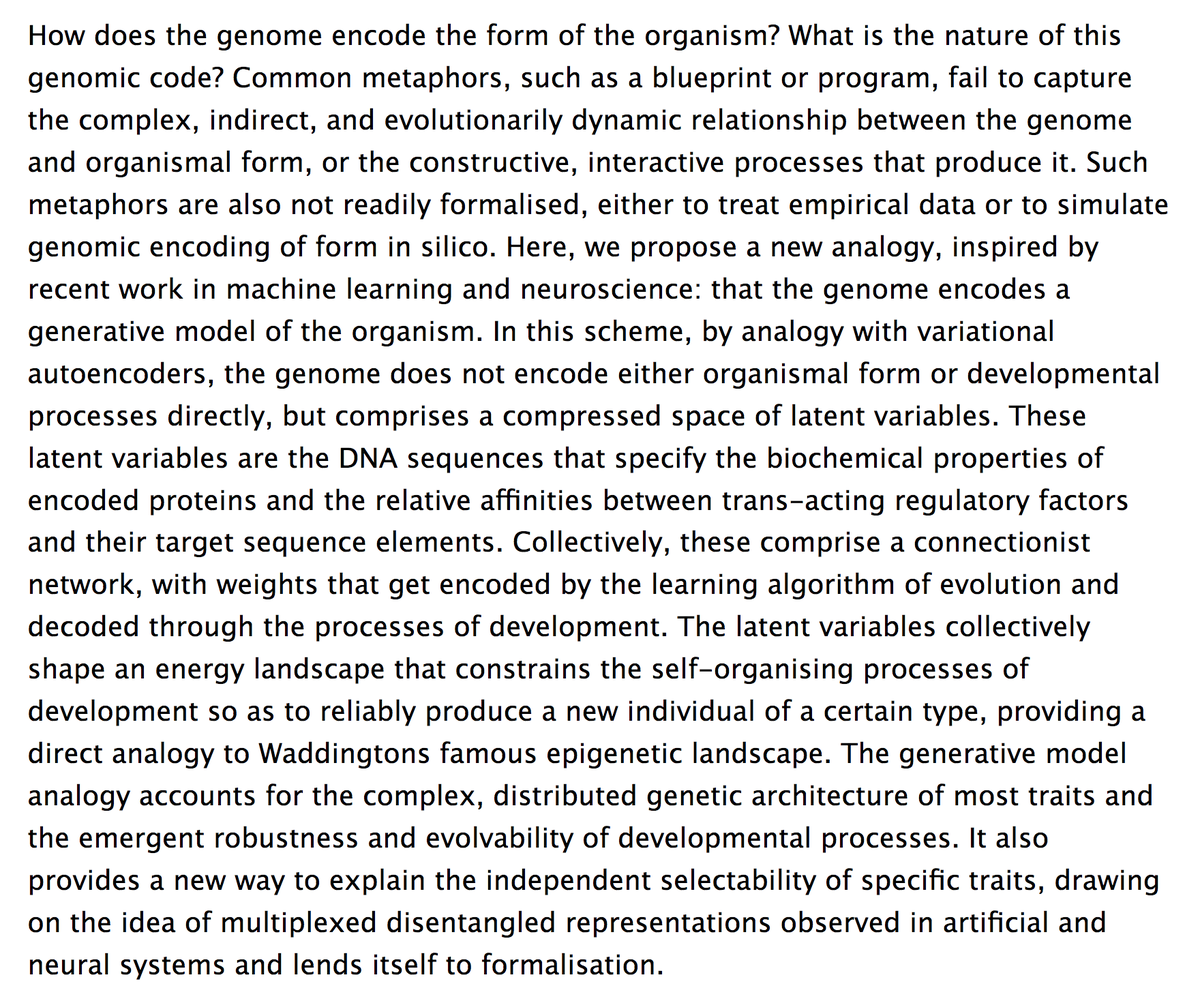Rethinking the genetic architecture of schizophrenia. - I wrote this with David Porteous in 2011. Apart from an over-emphasis on single rare mutations of large effect (less common for SCZ than for ASD), I think it holds up pretty well ncbi.nlm.nih.gov/pubmed/20380786 

Updated in: The genetic architecture of neurodevelopmental disorders biorxiv.org/content/10.110…, from this book: onlinelibrary.wiley.com/doi/book/10.10… 

And further updated (in more accessible form) in chapter on The Exceptions, in #INNATE press.princeton.edu/titles/13255.h…
• • •
Missing some Tweet in this thread? You can try to
force a refresh









